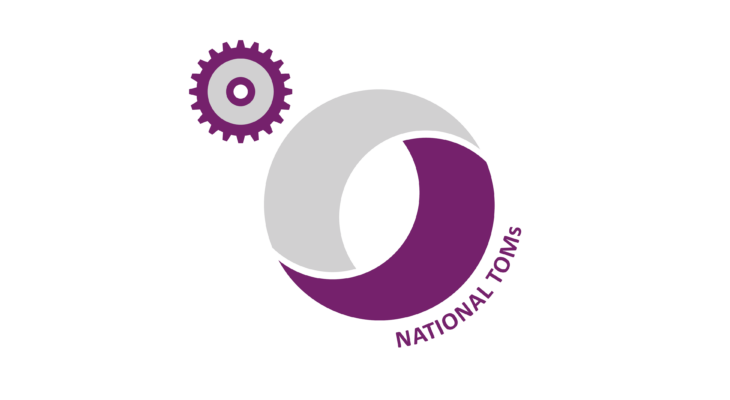How many of us take a deep breath and become somebody else as we walk through the door at work? I know I’ve been guilty, for a variety of reasons, but the reality is that employers want the real you, not the super-hero.
There’s loads of research and anecdotal evidence out there that employers and team members value EQ (Emotional Intelligence) much more highly than IQ. As long as you do your job technically well, it’s actually your ability to relate to others, communicate, empathise and problem solve that adds real value and enhances a business. Simon Sinek talks about how the Navy SEALS choose their leaders and (perhaps surprisingly for an organization which you’d expect to be unremittingly macho), it’s not the toughest, it’s those that are most trustworthy. Performance (it’s interesting how they might measure organizational performance – how fast you can rappel from a helicopter/kill a man with your bare hands?) is way less important than believing your team leader has your back.
So why do we lead double lives? The main reason may be that we think that it’s expected of us – that the ‘work you’ has more inherent value in the workplace than the ‘real you’. This is perhaps a throw back to the days when personal and work lives were quite distinct from each other. When I started my first job, I didn’t expect my employer to reflect my personal interests and values. This doesn’t exist anymore, with entrants to the workplace no longer making clear distinctions between office and home environment behaviour and values.
Another reason is probably fear, or uncertainty. It’s very frightening to be open and authentic if you’re not quite sure of what you’re doing. Whilst pretty much every employer would tell you that they’d much rather you asked (if necessary several times) rather than c*ck something up because you’re not sure, most of us have this inherent belief that we should just know how to do it – as if staring at a PC screen for several hours will gradually imbue the knowledge of how to mail merge through a database – it won’t btw, I’ve tried that one already.
The phrase that I’m currently most learning to hate is ‘fake it till you make it’. I recently set my own business up, and anyone who’s done that will sympathise with the learning curve, false starts, peaks and troughs of finding your way. I try to be open and authentic about my need to understand what a potential customer needs from me, and someone told me the other day that my ‘naivety’ (said in a positive sense) added value to my message. It’s absolutely terrifying though, to express vulnerability in a work environment, and it would be a whole lot easier to create a bombproof sales façade!
Do we also think that our teams need us to be omniscient? We need those we’re managing and leading to have confidence in us, and that can translate, for the best of reasons, in an approach that can’t admit error. In economically challenging times, we’re probably attempting to shield staff, but looking at it objectively, are we really doing the best by our teams by reducing opportunities for collaboration and ownership?
It can be terrifying to bring the real you to work, but the rewards, both personally and for your business can be significant. Try it. Good luck!






